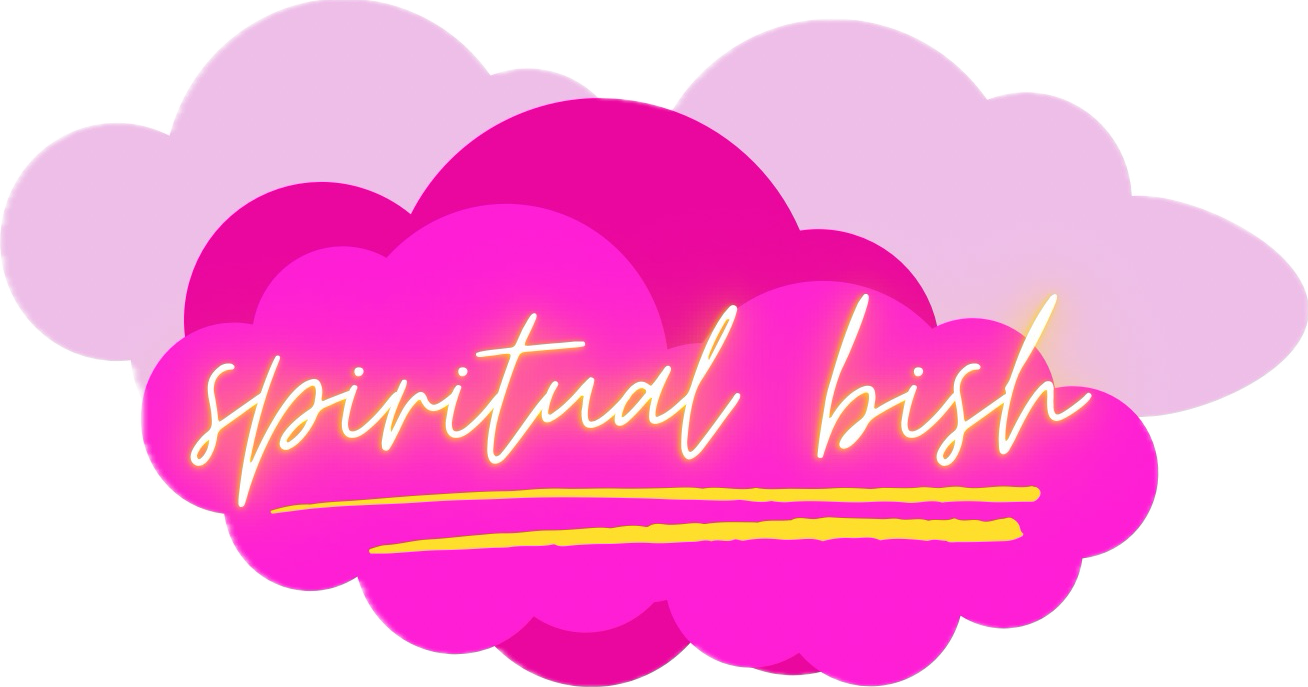STOP Telling People To Regulate Their F*cking Nervous System!
When Calm Becomes the New Colonizer
(A somatic love letter to the misunderstood nervous system)
Let’s be honest — the phrase “just regulate your nervous system” has become the new spiritual gold standard.
But regulate into what, and for whose comfort?
When “calm” becomes the only acceptable nervous system state, we start worshipping stillness and banishing aliveness.
We silence rage, grief, and trembling — the very expressions that are trying to complete the body’s stress cycle.
The nervous system was never designed to stay calm.
It was designed to move.
To pulse, to shake, to cry, to roar.
True regulation isn’t control — it’s capacity.
It’s the ability to flow between activation and rest without losing connection to yourself or the world.
And yet, most of us have learned to shut that flow down.
Through cognitive override.
Cultural conditioning.
Over-coping.
“Good vibes only.”
When calm becomes compliance, healing becomes performance.
And we lose touch with the wild, intelligent organism that knows exactly how to complete what never got to.











